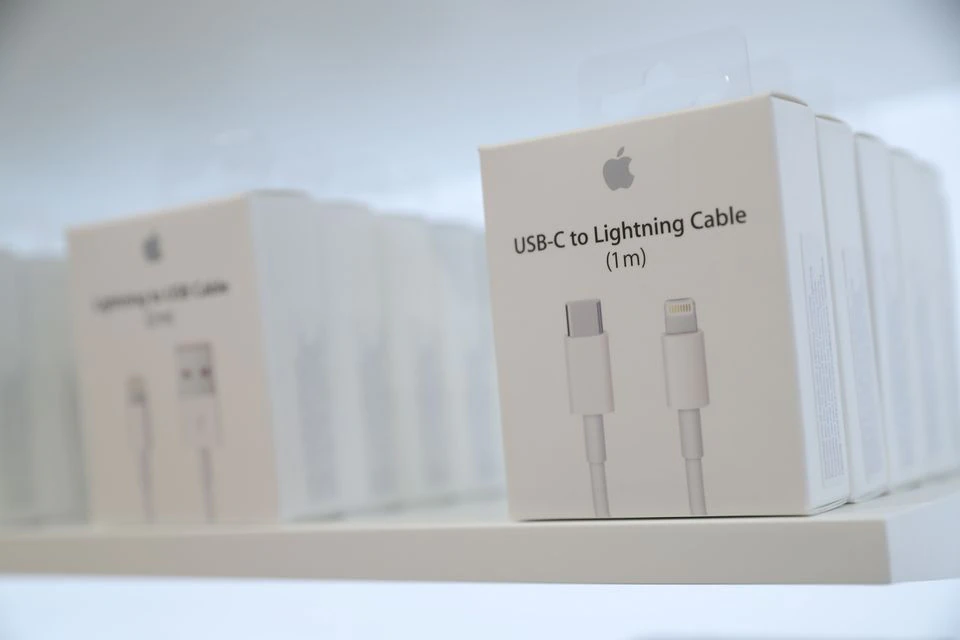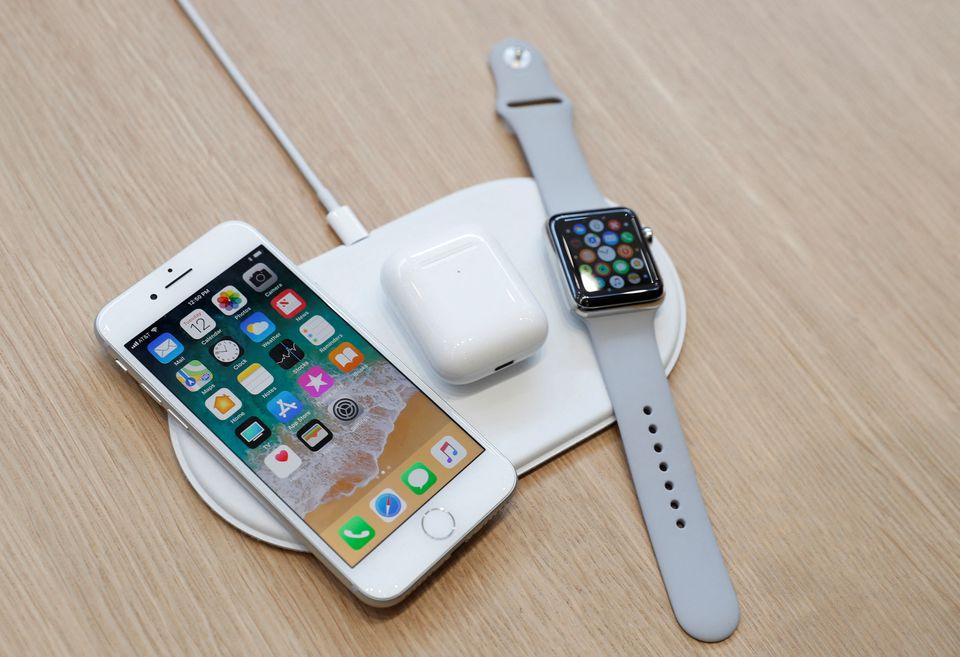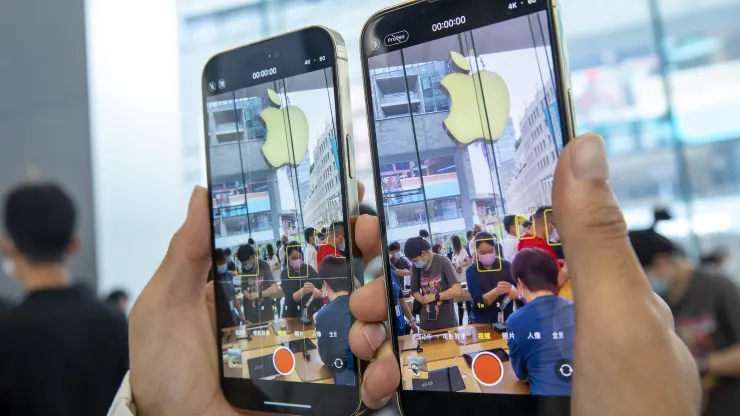Analysts predicted that Apple’s next iPhone will have USB-C charging as a result of European law on standard chargers moving one step closer to reality. The European Parliament passed a law on Tuesday requiring that by the end of 2024, all gadgets sold in the EU, including smartphones, tablets, and cameras, have a USB Type-C charging port. Currently, Apple employs proprietary Lightning chargers rather than USB-C. But with the release of the iPhone 15, its upcoming top smartphone, things may change…

According to Ben Wood, chief analyst at CCS Insight, “it is now clear that Apple will have to capitulate and transition to USB-C on the iPhone 15 when it launches in 2023. In my opinion, the change has already begun because Apple switched to USB-C on the MacBook and iPad Pro. The design of the iPhone 14 was relatively iterative, therefore iPhone 15 may represent a larger advancement. As a result, this would be an excellent time to make the switch.”
According to rumors, Apple is looking into USB-C for the iPhone 15, which would be the next product if the current naming practice is followed.
Bloomberg reported in May that Apple is testing future iPhone models with USB-C charging, but such devices won’t be released until 2023 at the earliest.
Is USB-C charging coming to the iPhone 15?
According to Bryan Ma, an IDC technology industry analyst, if Apple transitions to USB-C next year, it will do so for all iPhone models, not only those sold in the EU.
“Unless they think that they’re making so much [money] off of those chargers and accessories and that sort of thing that it’s still worth it for them to maintain that separate, it would probably make sense that they get the scale out of moving to this common charger globally rather than having to make individual parts.
He said, “In their own home, they’re already preparing for the inevitability within a few of years.”
Jack Ma
Using the modification, Samsung and other rivals who currently utilise USB-C would be able to charge devices with Apple’s charging ports.
Final approval of the EU law, which has been in the works for almost ten years, appears likely to occur this year.
As a result of the bill, users won’t need to buy a new charger each time they buy a device, according to lawmakers, who claim that differing charging standards create waste.
This represents a win for common sense. “Harmonizing on USB-C makes perfect sense, even if Apple has a sizable installed base of lighting cable-powered devices, because of USB-widespread C’s adoption across all consumer electronics goods,” Wood said.












